No matter how you look at it, technology has changed our lives immeasurably over the past 20 years. Just think of it: now, we carry 6-10 ounce devices that have about 50-100 times the computer power that a laptop in 1995 did. I mean, that’s simply amazing (and please, don’t take my “computing power” estimates as fact: I ain’t no computer scientist! 😉 ).
So what does technology do? It solves problems. Or at least it disrupts and creates new problems that can be solved (I hate to go back to cell phones again, but yep, for many people they’ve BECOME a problem). And what is one of the biggest problems for many people in Western societies? Snoring. Yes, I said it. And yes, it is a little “First World”, but the fact is, snoring STILL affects such a large percentage of the population that it’s almost crazy. I mean, come on! Shouldn’t we have done a little more about this by now?
And did we? Yes. First, we created the mandibular advancing snoring mouthpiece, which remains an extremely effective device, especially with solid entries recently such as the Zquiet, VitalSleep and SnoreRX. Then we adapted and made it better by creating the Tongue Stabilizing Device Mouthpiece, or TSD, an example well represented by the Good Morning Snore Solution. Our ZQuiet review is quite comprehensive, by the way.
But people are always looking for a better, more comfortable way. It simply makes sense, and apparently technology is looking to provide this. So you have a smart phone, right? What about a Smart Bed? Sleep Number thinks it’s got one:
the invention of a bed that automatically moves to adjusts a sleeper’s position when it detects a snoring fit, saving their partner from decamping to the sofa in an attempt to get a good night’s sleep.
The 360 Smart Bed, which can adjust its mattress to fit different body positions, track its owner’s sleeping habits and wake them at the optimum time, can detect the sound of snoring and in response raises the sleeper’s head by a few degrees to clear the airwaves.
Developed by mattress company Sleep Number and due to be put on sale this year, it can also warm up owners’ feet and send data about their sleeping patterns to an app.
It’s an interesting move, for sure. And we applaud Sleep Number for giving it a shot. As we have noted just recently in our post about the Snore Circle, tech companies seem to be going whole hog looking to sell products to help people sleep.
They also have what I would call “creative” ideas about how snoring can be stopped. Now don’t get me wrong: these folks don’t invest millions of dollars in a product that they think is not going to work (or sell, for that matter).
So, let’s jump ahead and propose hypothetically that the Sleep Number 360 does stop your snoring. Great! Fantastic even. The real question, though, is how many people can actually afford the Sleep Number 360. When you look at the snoring mouthpiece market and see that it is rare for a mouthpiece to cost more than $100, and compare it to Sleep Number, which currently runs models anywhere from $1000-3000USD, you can see that this is probably going to be ridiculously unaffordable for all but the richest folks out there.
The key question here for many people will be: Which is more affordable, snoring surgery or the Sleep Number 360? It sounds crazy, but when you consider it is very likely that the costs are similar, maybe it ain’t so bad sticking to a tried and true device that costs less than $125?

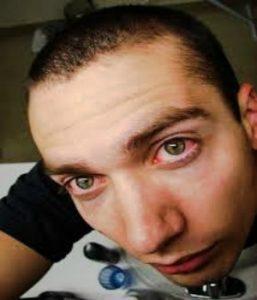
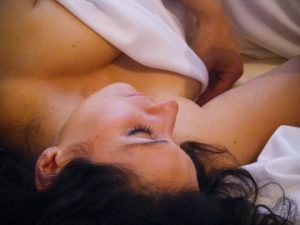 Although sleeping bare naked is something you haven’t done since you were an infant probably, sleeping in matching sleepwear and nighties are just too irresistible for many. Although men probably won’t have any qualms about this, sleeping with nothing on might be an issue for women – especially the single ladies. For couples, this is the perfect excuse to enjoy more skin contact and some cuddling, perhaps. And imagine how comfortable you will feel during summer when the heat is just unbearable and sleeping with your clothes on makes you all sweaty and feeling hot.
Although sleeping bare naked is something you haven’t done since you were an infant probably, sleeping in matching sleepwear and nighties are just too irresistible for many. Although men probably won’t have any qualms about this, sleeping with nothing on might be an issue for women – especially the single ladies. For couples, this is the perfect excuse to enjoy more skin contact and some cuddling, perhaps. And imagine how comfortable you will feel during summer when the heat is just unbearable and sleeping with your clothes on makes you all sweaty and feeling hot.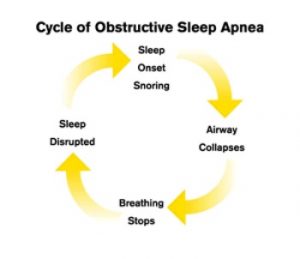 However, that term does not make any sense to us lay people. What does it have to do with snoring? What happens when you sleep if you have it? How can you tell that your snoring is due to sleep apnea? To better understand what sleep apnea is all about and how deadly it is, read on.
However, that term does not make any sense to us lay people. What does it have to do with snoring? What happens when you sleep if you have it? How can you tell that your snoring is due to sleep apnea? To better understand what sleep apnea is all about and how deadly it is, read on.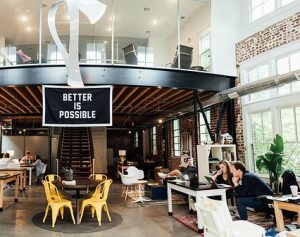 or how we feel after we’ve punched out for the day? The answer to that is a bit astounding:
or how we feel after we’ve punched out for the day? The answer to that is a bit astounding: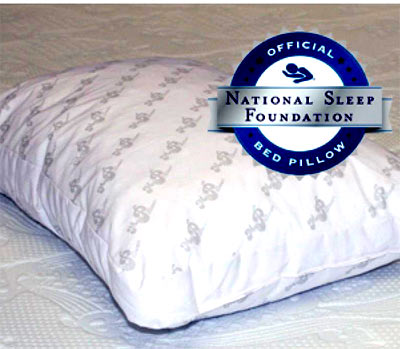 So we’re probably all about sick of con games at this point. It’s enough so that many are probably having difficulties sleeping at night! And on the latter point, it looks like another scam has come about: this one from a product that has become popular, despite some claims that even the FTC is balking about:
So we’re probably all about sick of con games at this point. It’s enough so that many are probably having difficulties sleeping at night! And on the latter point, it looks like another scam has come about: this one from a product that has become popular, despite some claims that even the FTC is balking about: